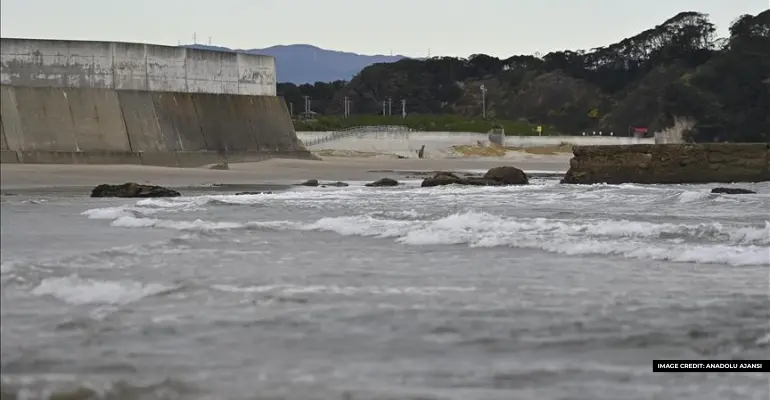Despite voices of concern, Japan decided to release more treated radioactive water from the damaged Fukushima Daiichi nuclear power plant into the oceans on Wednesday.
According to Tokyo Electric Power Company Holdings, Inc. (TEPCO), the plant operator, the discharge will persist for approximately 17 days. They stated that the release follows the standards established by the government and the utility company.
The water will contain about 190 becquerels of tritium per liter, below the World Health Organisation drinking water limit of 10,000 becquerels per liter. A becquerel is a unit of radioactivity.
Japan has said that the water release is safe. The International Atomic Energy Agency (IAEA), the U.N. nuclear watchdog, greenlighted the plan in July, saying that it met international standards and that its impact on people and the environment was “negligible.”
Just last week, the Japanese government issued a solid warning to TEPCO following a leak of contaminated water from the plant.
Chinese foreign ministry spokesperson Wang Wenbin called the move “extremely selfish.” He said China was deeply concerned about the decision and had lodged a formal complaint.
The decision by Japan to initiate the release of treated radioactive water into the oceans sparked widespread criticism. This action led to China imposing a comprehensive ban on seafood imports from Japan, exacerbating tensions between the two countries.
Wang said China “will take all necessary measures to protect the marine environment, food safety, and public health” but did not mention any specific measures.
Hong Kong Chief Executive John Lee called the discharge “irresponsible” and said the city would “immediately activate” import controls on Japanese seafood from regions including the capital, Tokyo, and Fukushima starting Thursday.
Beijing has expressed concern that Japan’s disposal of nuclear-contaminated wastewater into the nearby ocean poses a risk not only to human health but also to the global marine environment and international public interests.
Keep Reading: China’s clam harvesting devastates 16K acres in South China Sea

Leave a Reply